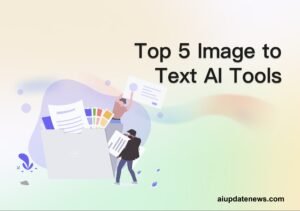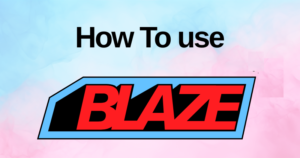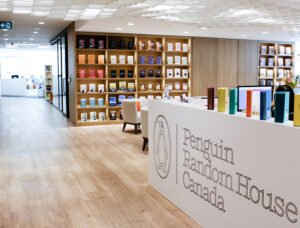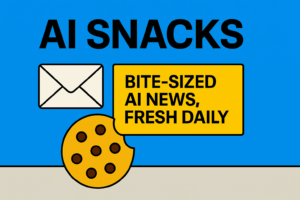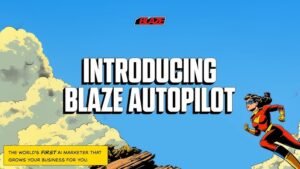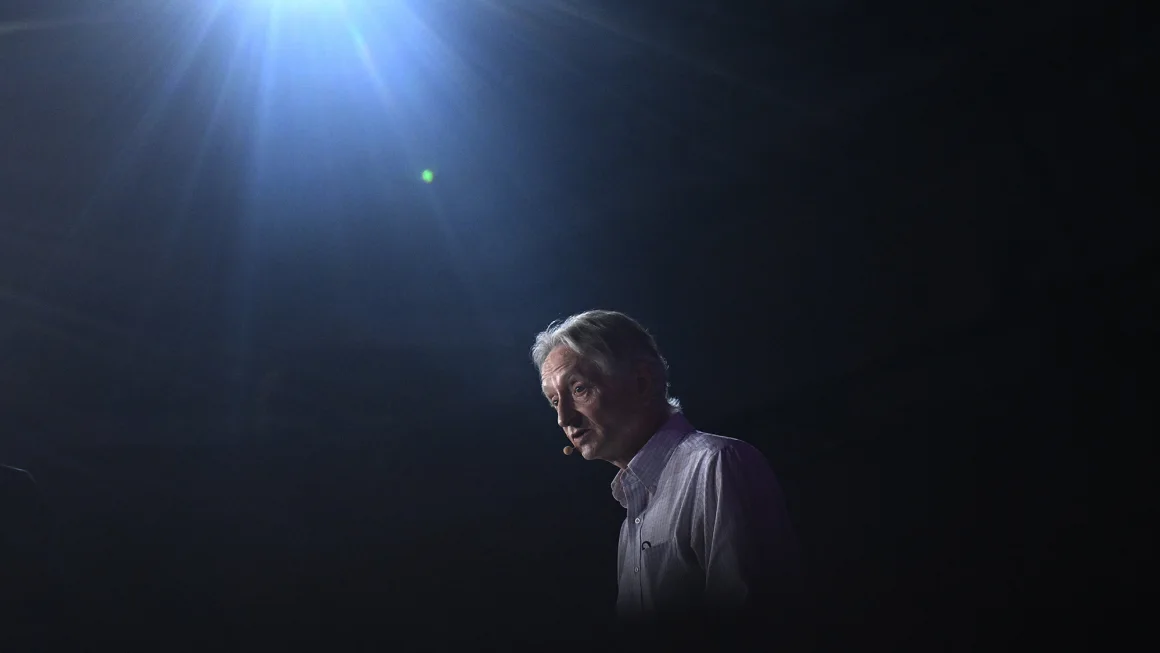
Upon receiving the Nobel Prize in physics for his groundbreaking contributions to machine learning, computer scientist Geoffrey Hinton immediately issued an AI warning about the immense power of the technology he helped develop. Hinton, known as the “godfather of AI,” likened the advancement to the Industrial Revolution but warned that AI surpassing human intelligence could lead to unforeseen consequences.
Hinton is not the first laureate to express concerns about their own discoveries. Over the years, Nobel Prize winners have issued similar warnings about the dangers their work might bring.
1935: Nuclear Weapons
The Joliot-Curies, Nobel laureates in chemistry, contributed to both medical advancements and the creation of the atomic bomb. In his Nobel lecture, Frederic Joliot cautioned about the catastrophic consequences of uncontrolled nuclear chain reactions.
1945: Antibiotic Resistance
Sir Alexander Fleming, who discovered penicillin, warned about antibiotic resistance as early as 1945. His prescient remarks foreshadowed today’s global health threat posed by antimicrobial resistance, responsible for over a million deaths annually.
1980: Recombinant DNA
Paul Berg, awarded the Nobel Prize for his work on recombinant DNA, acknowledged the fears surrounding genetic engineering and its potential risks, such as biological warfare and the ethical concerns in gene therapy.
2020: Gene Editing and CRISPR
Jennifer Doudna, Nobel laureate for developing CRISPR-Cas9 gene-editing technology, emphasized the ethical dilemmas associated with germline editing, calling for caution as the technology holds both transformative potential and risks.
In echoing these AI warnings, Hinton urges humanity to carefully monitor the rapidly evolving capabilities of AI, emphasizing the importance of understanding both its benefits and potential dangers.

